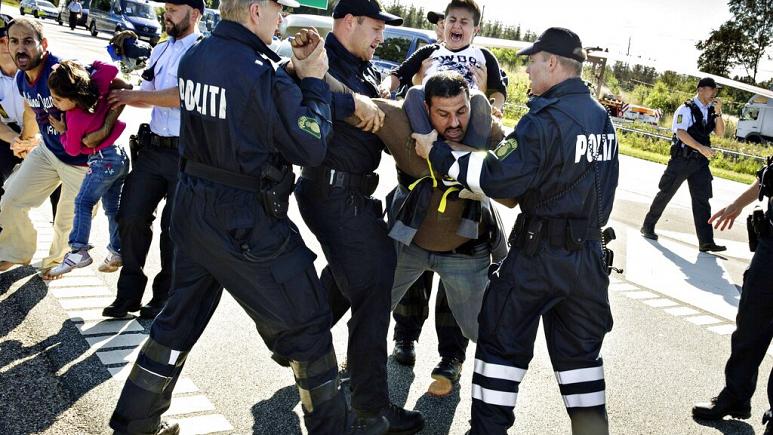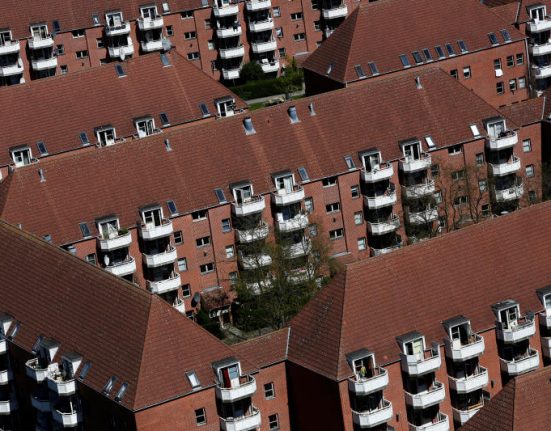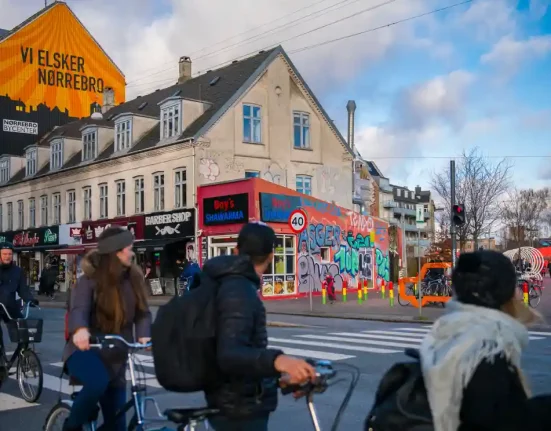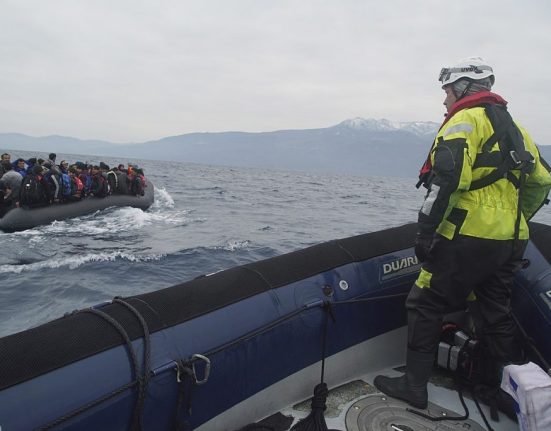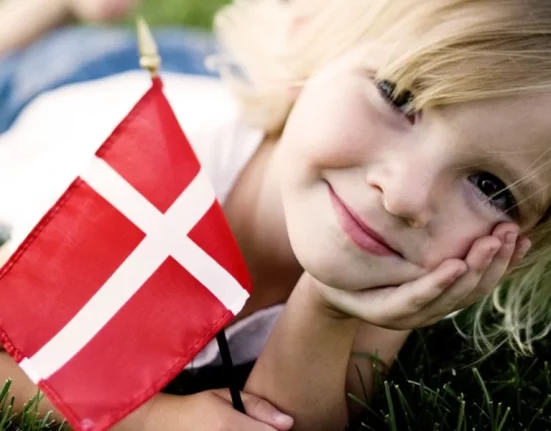On January 13, The Danish Minister for Immigration and Integration attempted to revoke protections for Syrians and externalize asylum. Although this move received an outcry from MEPs, international media and human rights organizations, the government went along. Now hundreds of Syrian refugees who once settled in Denmark fled to other EU countries, raising questions about the extent of Denmark’s safety for return under the Dublin Regulation.
Asylum seekers and refugees’ safety in Denmark has turned into turmoil, uncertainty and lack of protection. Denmark has recently gone rogue on asylum policies as the minimum standard does not bind it under the Common European Asylum System. Syrian and other refugees are recording human rights violations practised against them by the authorities and the community. Aside from revoking protections for Syrian refugees, more proposals are presented to the table, including deporting refugees to a third country. Denmark is employing a policy of “zero asylum seekers,” which caused outrage among EU member states and human rights defenders. However, the minister’s only support came from Peter Kofod of the anti-immigration Danish People’s Party and conservative Italian MEP Nicola Procaccini. Several MEPs questioned Danish solidarity and Dublin cooperation. Some demanded action from the European Commission to halt Danish policies. Tineke Strik from the Greens defined Denmark’s position as: “deterrent refugee policies depriving Syrian refugees of protection, outsourcing asylum seekers to developing countries. Paying lip service to solidarity, but in essence, aiming to circumvent any responsibility”.
The Danish authorities proceeded with their decision regardless of severe condemnation from international and local bodies concerned with refugees. In contradiction to the UN Refugee Council, the European Union, Human rights organizations and international experts, the Danish authorities consider Damascus safe for return. Starting from 2019, the Danish authorities began reassessing cases of hundreds of Syrian refugees. At the end of 2021, about 400 Syrian refugees had their protections revoked by the Danish authorities.
Removing status from refugees results in the loss of the right to work and all rights connected with a residence permit and the transfer to return centres. People may be moved to a centre in another part of the country and left in limbo indefinitely. This measure does not drive refugees to return to their countries but rather flee to another European country, where they start another daunting journey of seeking asylum and building their lives over again. In 2019, some 420 Syrian refugees fled to Germany, the Netherlands, Belgium and Sweden. These countries often deport these refugees as they have s status in Denmark, leaving them hanged in limbo once again.
“If you apply for asylum in Denmark, you know that you will be sent back to a country outside Europe, and therefore we hope that people will stop seeking asylum in Denmark,” said Rasmus Stoklund from the governing Social Democratic Party. In June 2021, the Danish parliament passed amendments to the Danish Aliens Act that foresee the transfer of asylum seekers outside the EU and the externalization of asylum procedures and refugee protection. UNHCR, experts and NGOs outcried this plan.
A report by Forced Migration Review described the Danish initiative: “a lack of clarity about legal standards; worries about increased incarceration, deportations and use of force; the lack of realism given multiple countries’ refusal to host such extraterritorial facilities; the risk of encouraging (rather than discouraging) the use of irregular smuggling networks; and the risk of undermining international solidarity and collaboration on protection”. The recent legal amendment has very limited practical consequences, given the modest chances of the government reaching any agreements with third countries. Yet, it: “actively draws on criticism of the current refugee regime to bolster its claims and feeds a perception that it is access to asylum in Europe, rather than States’ criminalization and deterrence measures, that causes harm to migrants”. When Denmark claimed in 2021 that it was in dialogue with African countries on externalization, governments quickly refuted the claims and “the African Union issued a strong condemnation of the Danish desire for externalization to African territory”.
Denmark received just 1,500 asylum seekers in 2020, the lowest number in two decades. And after years of not contributing to UNHCR-coordinated resettlement, Denmark promised 200 places in 2020 that have not been fully implemented.


